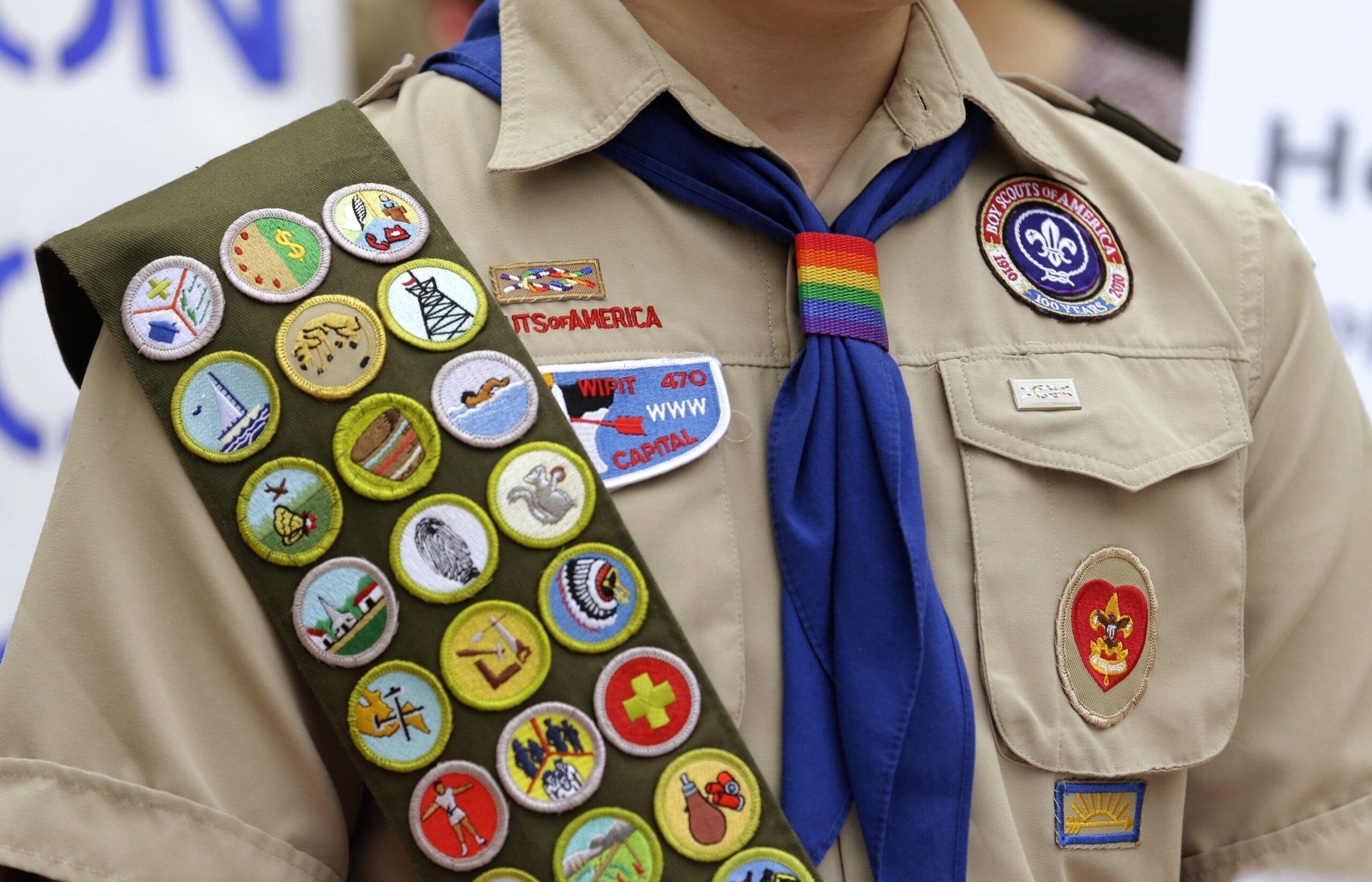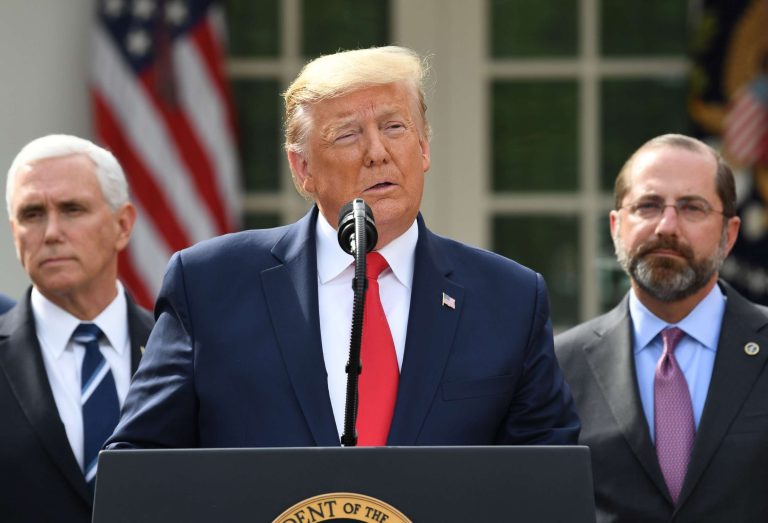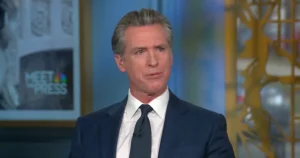For generations, scouting in America was more than an extracurricular activity — it was a formative experience. Girls once earned badges for cooking, sewing, music, cycling, and community service. Boys built leadership through camping, discipline, service projects, and the honor of collecting merit badges that required real effort. Both organizations taught responsibility, confidence, teamwork, and citizenship. They weren’t political. They were cultural touchstones.
But those long-standing traditions have slowly eroded as both scouting organizations shifted toward a more ideological framework. Critics have argued for years that the organizations abandoned their mission, replacing practical skills and character-building with cultural and political messaging.
Now, that drift has led to the most significant rupture in scouting’s modern history: the potential end of its century-long partnership with the U.S. military.
According to sources inside the Department of War, Secretary Pete Hegseth is preparing to sever all formal ties between the Pentagon and what is now known as Scouting America — the organization previously recognized worldwide as the Boy Scouts of America.
If this separation becomes official, the consequences for Scouting America could be severe.
A Century-Old Partnership on the Brink
For more than 100 years, the U.S. military has served as one of the Boy Scouts’ most influential institutional partners. Troops met on military bases, National Guard installations hosted events, and the armed forces regularly provided medical teams, logistical support, and personnel to ensure that large scouting events — such as the National Jamboree — ran safely and efficiently.
In West Virginia, the National Jamboree can draw up to 20,000 participants to rugged terrain, requiring large-scale coordination that the military has traditionally helped provide. Without that support, these events become drastically more expensive, more difficult to manage, and — more importantly — less safe.
Hegseth’s coming decision would end all of it.
In a draft memo reportedly circulating in the War Department and Congress, Hegseth criticized the organization’s transformation:
-
He argued that Scouting America had become “genderless.”
-
He claimed the organization abandoned efforts to “cultivate masculine values.”
-
He accused scouting leadership of prioritizing DEI-based programming over merit-based development.
Most notably, he declared that “the organization once endorsed by Theodore Roosevelt no longer supports the future of American boys.”
This is not the first time Hegseth has criticized the direction of scouting. Back in 2024, before assuming his current role, he said bluntly:
“The Boy Scouts has been cratering itself for quite some time. This is an institution the Left didn’t control. They didn’t want to improve it. They wanted to destroy it or dilute it into something that stood for nothing.”
His words now appear to be policy.
Scouting America Responds — But Their Defense Falls Flat for Critics
Scouting America issued a statement positioning itself as “nonpartisan” and rejecting the claim that it has adopted an ideological mission. The organization stated:
“Over more than a century, we’ve worked constructively with every U.S. presidential administration — Democratic and Republican — focusing on our common goal of building future leaders grounded in integrity, responsibility, and community service.”
But critics note that the Boy Scouts and Girl Scouts both shifted dramatically over the past decade:
-
In 2015, the Girl Scouts opened their ranks to transgender-identifying “girls.”
-
In 2018, the Boy Scouts followed, rebranding themselves as “Scouting America” and opening membership to girls.
-
Traditional gender distinctions were removed.
-
DEI initiatives became central to training, programming, and messaging.
Many families simply left. Membership plummeted. Troops closed. The organization’s once-clear identity became muddled.
For many alumni, the institutions no longer resembled the scouting organizations they grew up in.
What Military Withdrawal Actually Means
Ending the partnership would be more than symbolic. It would be catastrophic operationally.
Here’s what Scouting America would lose:
1. Access to Military Bases
Tens of thousands of troops around the country use base facilities — gymnasiums, event spaces, training fields — to host meetings and activities at little to no cost.
2. Medical Teams and Logistical Support
Large-scale gatherings, especially the National Jamboree, require:
-
field hospitals
-
medics
-
communications personnel
-
transportation
-
emergency response teams
Without military involvement, Scouting America would have to outsource all of these services at enormous cost.
3. Historic Credibility
For generations, scouting drew prestige from its close ties to the armed forces. The Boy Scouts were known as “training for the Republic.” Losing that association further dilutes the organization’s brand.
4. Recruitment Pathways
Millions of scouts historically went on to serve in the U.S. military. Severing ties risks cutting off one of the nation’s most reliable pipelines of disciplined, patriotic young recruits.
The Broader Cultural Battle Over Scouting
The Boy Scouts and Girl Scouts used to provide separate, safe, identity-building spaces for boys and girls. Those spaces allowed each group to develop shared experiences rooted in biological reality — not ideology.
Coed camping undermines that. So does eliminating gender-specific programming.
Former scouts often describe the Boy Scouts as a place where boys could have frank conversations, form deep bonds, and learn skills tailored around developing manhood — something many argue is desperately needed in today’s culture.
As the article’s author points out:
“Those outings were about boys becoming men — plain and simple.”
Parents across the political spectrum have expressed discomfort over the collapsing boundaries between boys’ and girls’ programming.
A Movement in Decline
Some argue the Boy Scouts and Girl Scouts didn’t simply “change.” They hollowed themselves out.
Membership numbers tell the story:
-
The Boy Scouts have lost millions of members since 2000.
-
Huge numbers left after the DEI and gender-policy changes.
-
Bankruptcy and massive legal settlements strained finances.
-
Girl Scouts membership has also dropped sharply.
Now, the loss of Pentagon support could be the final blow.
Final Thoughts
The scouting organizations shaped generations of young Americans. But like many institutions, they have been reshaped by cultural and ideological forces that moved them away from their original missions.
Secretary Hegseth’s expected decision underscores a growing divide between traditional American organizations and the ideology now permeating them. Critics argue the Left’s long-term project has been to dismantle “boyhood,” “girlhood,” and gender-specific cultural institutions. The crisis facing Scouting America appears to be the latest casualty.
Whether the organization can survive without its largest and most influential partner remains an open — and increasingly urgent — question.

Emily Johnson is a critically acclaimed essayist and novelist known for her thought-provoking works centered on feminism, women’s rights, and modern relationships. Born and raised in Portland, Oregon, Emily grew up with a deep love of books, often spending her afternoons at her local library. She went on to study literature and gender studies at UCLA, where she became deeply involved in activism and began publishing essays in campus journals. Her debut essay collection, Voices Unbound, struck a chord with readers nationwide for its fearless exploration of gender dynamics, identity, and the challenges faced by women in contemporary society. Emily later transitioned into fiction, writing novels that balance compelling storytelling with social commentary. Her protagonists are often strong, multidimensional women navigating love, ambition, and the struggles of everyday life, making her a favorite among readers who crave authentic, relatable narratives. Critics praise her ability to merge personal intimacy with universal themes. Off the page, Emily is an advocate for women in publishing, leading workshops that encourage young female writers to embrace their voices. She lives in Seattle with her partner and two rescue cats, where she continues to write, teach, and inspire a new generation of storytellers.









